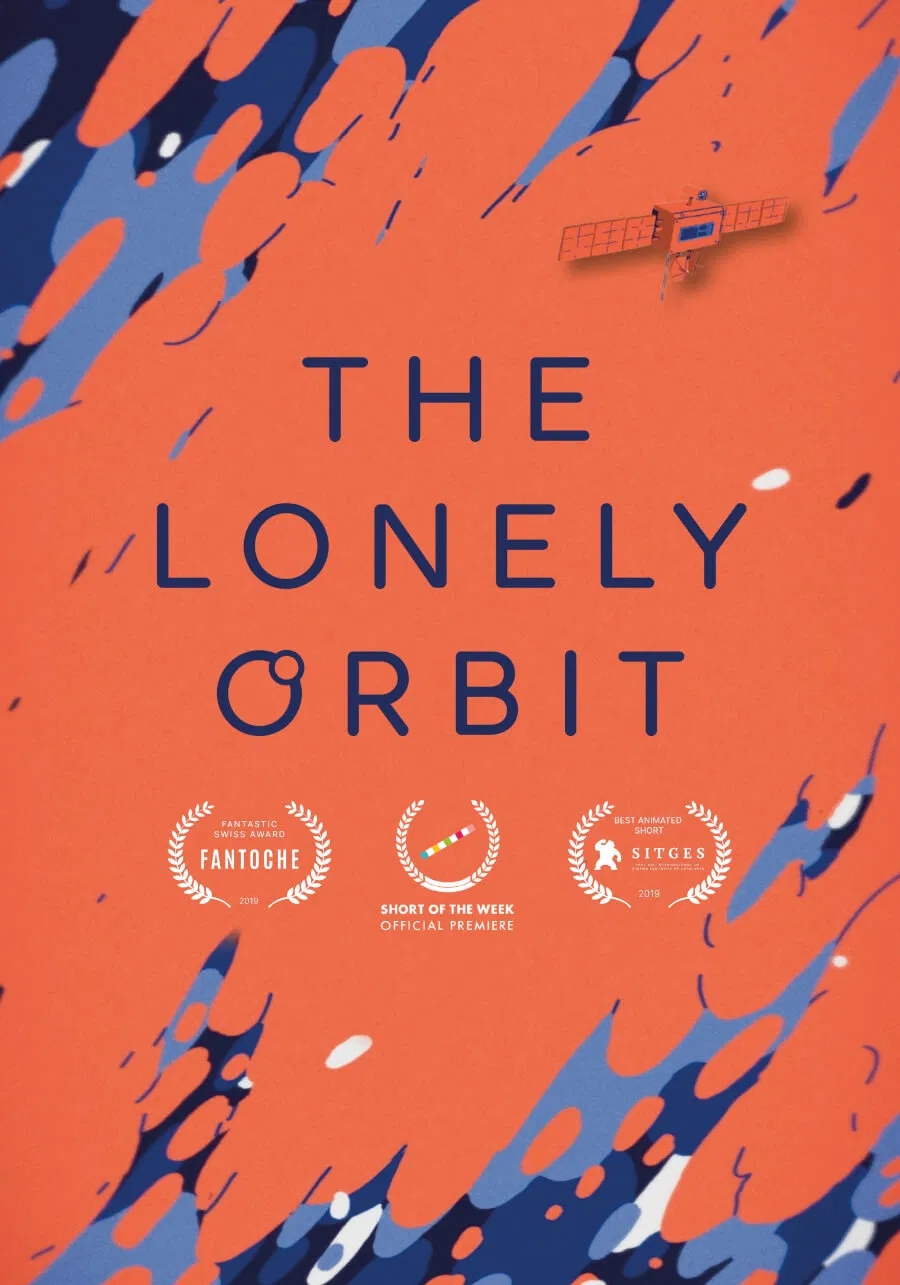Story
Directed by French filmmaker Robert Bresson, Au hasard Balthazar is a poignant and minimalist film released in 1966. The film follows the life of a donkey named Balthazar through various owners who treat him in ways that range from compassionate to cruel. The story also intersects with the tragic life of a girl named Marie, played by Anne Wiazemsky, whose fate is closely tied to Balthazar’s. The film’s narrative unfolds in a series of vignettes that depict both the suffering and fleeting moments of grace experienced by the donkey and the humans around him.Robert Bresson, known for his ascetic and spiritual approach to filmmaking, utilizes a stark and unembellished style in this film. Bresson’s directorial philosophy often involved using non-professional actors to instill a sense of authenticity and emotional purity in his work. In Au hasard Balthazar, Bresson’s technique of using minimal dialogue and focusing on the physicality of performances helps to convey deep emotional and philosophical themes without overt sentimentality. His approach to cinematic storytelling often emphasizes the internal state of the characters over external drama, making his films contemplative and meditative experiences.Despite its initial mixed reception, Au hasard Balthazar has since been recognized as a masterpiece of world cinema. The film has received numerous accolades and has been highly praised by critics for its unique narrative structure, profound thematic depth, and innovative use of sound and imagery. Noteworthy admirers include directors like Jean-Luc Godard and Andrei Tarkovsky, who have hailed it as one of the greatest films ever made. The film’s exploration of suffering, innocence, and redemption, articulated through the experiences of an animal, lends it an enduring power and relevance.


















